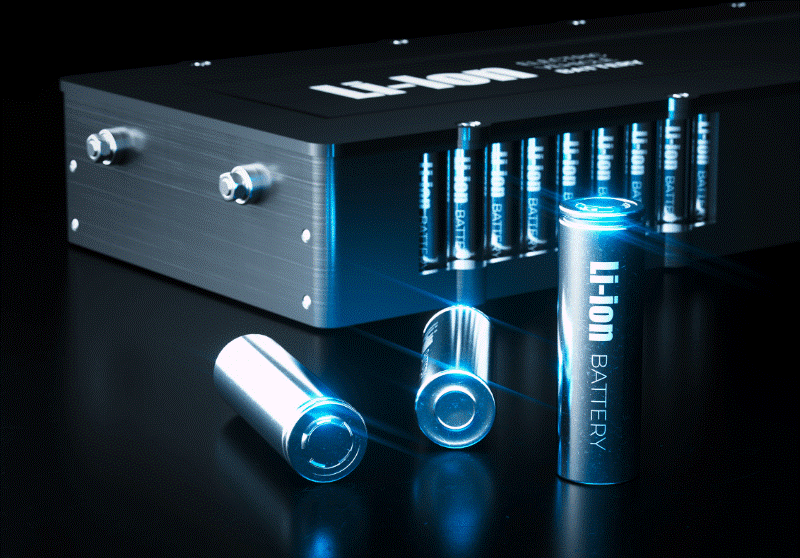Charging a lithium-ion battery too quickly can cause several issues that affect both the battery’s performance and safety. Whether you’re using a custom Li-ion battery in a specialized device or a commercial lithium-ion battery in everyday gadgets, understanding the risks associated with fast charging is crucial. Let’s explore what happens when you charge these batteries too quickly and why it's important to follow proper charging practices.
Understanding Lithium-Ion Batteries
Lithium-ion batteries are commonly used in many devices because they offer high energy density and long life. They work by moving lithium ions between the battery’s anode and cathode during charging and discharging. This movement generates power that fuels devices like smartphones, laptops, and electric vehicles. The efficiency of this process relies on controlled charging to ensure the battery remains safe and performs well.
Effects of Charging Too Quickly
1. Heat Generation
When you charge a custom Li-ion battery or a commercial lithium-ion battery too quickly, it generates excessive heat. Lithium-ion batteries are designed to handle a certain amount of heat, but rapid charging can exceed this limit. The heat builds up inside the battery, which can lead to overheating. Overheating not only reduces the battery’s lifespan but also increases the risk of thermal runaway—a condition where the battery temperature rises uncontrollably, potentially causing a fire or explosion.
2. Reduced Battery Life
Charging too quickly can also shorten the overall lifespan of a custom Li-ion battery. Fast charging causes stress on the battery’s internal components. This stress can accelerate the degradation of the battery’s electrodes and electrolytes. As a result, the battery will lose its ability to hold a charge over time, requiring more frequent replacements. This degradation means that even if the battery appears to work fine initially, its long-term performance will be compromised.
3. Capacity Loss
Another effect of fast charging is a loss of capacity. When a commercial lithium-ion battery is charged too quickly, it can cause the battery to reach its full charge state prematurely. This can lead to a situation where the battery is unable to hold as much energy as it originally could. In practical terms, this means that devices powered by the battery will have shorter usage times between charges.
4. Potential for Swelling
Rapid charging can cause internal reactions that lead to swelling of the battery. This is due to the formation of gas inside the battery cells as a result of excessive heat and chemical reactions. A swollen battery is not only dangerous but also affects the performance of the device it powers. In extreme cases, a swollen battery can rupture and cause damage to the device or pose a safety hazard.
Best Practices for Charging Lithium-Ion Batteries
1. Use the Manufacturer’s Charger
To avoid the issues associated with fast charging, always use the charger recommended by the manufacturer of your custom Li-ion battery or commercial lithium-ion battery. These chargers are designed to provide the correct charging rate and protect the battery from damage. They often include safety features that prevent overcharging and excessive heat buildup.
2. Avoid Extreme Temperatures
Charging a battery at extreme temperatures can exacerbate the problems caused by fast charging. Always charge your batteries in a temperature-controlled environment. Avoid charging them in very hot or cold conditions to ensure optimal performance and safety.
3. Monitor Battery Health
Regularly check the health of your custom Li-ion battery to catch any issues early. Look for signs of swelling, overheating, or unusual performance. Addressing these issues promptly can help prevent further damage and ensure the battery remains safe to use.
Final Thoughts
Charging a lithium-ion battery too quickly can have several negative effects, including heat generation, reduced battery life, capacity loss, and potential swelling. By understanding these risks and following best practices, such as using the correct charger and avoiding extreme temperatures, you can ensure that your custom Li-ion battery or commercial lithium-ion battery remains safe and performs optimally. At Emerging Power, we are dedicated to providing high-quality battery solutions and supporting best practices for battery use and maintenance.

